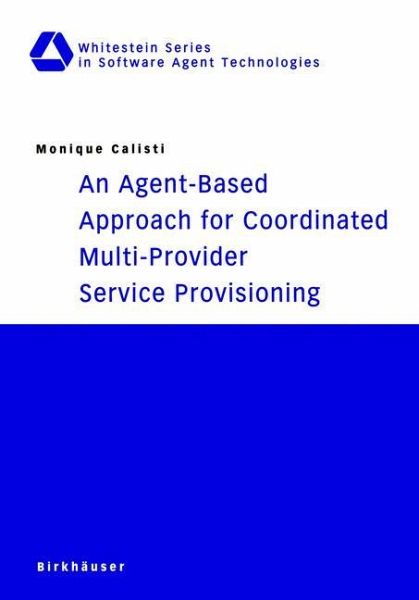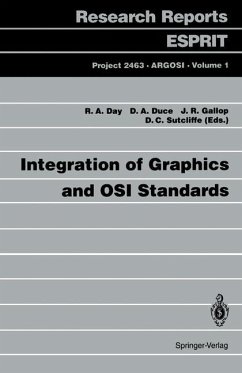
An Agent-Based Approach for Coordinated Multi-Provider Service Provisioning

PAYBACK Punkte
0 °P sammeln!
Communication networks are very complex and interdependent systems requiring complicated management and control operations under strict resource and time constraints. A finite number of network components with limited capacities need to be shared for dynamically allocating a high number of traffic demands. Moreover, coordination of peer provider is required whenever these demands span domains controlled by distinct operators. In this context, traditional human-driven management is becoming increasingly inadequate to cope with the growing heterogeneity of actors, services and technologies popul...
Communication networks are very complex and interdependent systems requiring complicated management and control operations under strict resource and time constraints. A finite number of network components with limited capacities need to be shared for dynamically allocating a high number of traffic demands. Moreover, coordination of peer provider is required whenever these demands span domains controlled by distinct operators. In this context, traditional human-driven management is becoming increasingly inadequate to cope with the growing heterogeneity of actors, services and technologies populating the current deregulated market.
This book proposes a novel approach to improve multi-provider interactions based on the coordination of autonomous and self-motivated software entities acting on behalf of distinct operators. Coordination is achieved by means of distributed constraint satisfaction techniques integrated within economic mechanisms, which enable automated negotiations to take place. This allows software agents to find efficient allocations of service demands spanning several networks without having to reveal strategic or confidential data. In addition, a novel way of addressing resource allocation and pricing in a compact framework is made possible by the use of powerful resource abstraction techniques.
The book is addressed to researchers in the area of agent technology, automated negotiation, distributed constraint satisfaction, and networking, in particular for what concerns resource allocation and pricing. Furthermore, it should be a valuable resource for both network and service providers
This book proposes a novel approach to improve multi-provider interactions based on the coordination of autonomous and self-motivated software entities acting on behalf of distinct operators. Coordination is achieved by means of distributed constraint satisfaction techniques integrated within economic mechanisms, which enable automated negotiations to take place. This allows software agents to find efficient allocations of service demands spanning several networks without having to reveal strategic or confidential data. In addition, a novel way of addressing resource allocation and pricing in a compact framework is made possible by the use of powerful resource abstraction techniques.
The book is addressed to researchers in the area of agent technology, automated negotiation, distributed constraint satisfaction, and networking, in particular for what concerns resource allocation and pricing. Furthermore, it should be a valuable resource for both network and service providers














